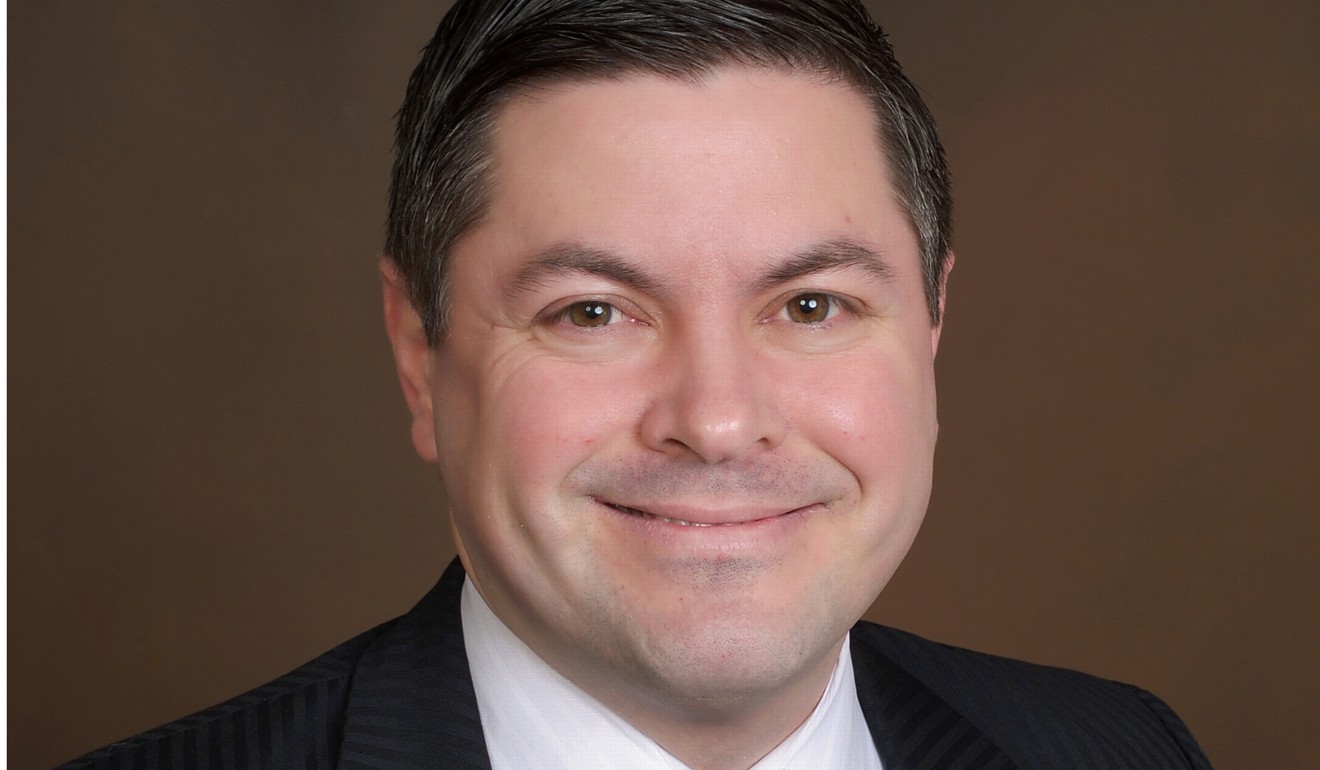
The best ways of climbing aboard the biotech investment bandwagon
Exchange traded or mutual funds allow those with no or limited knowledge of the biotech industry’s potential exposures to reduce risk
In the world of biotechnology investment, notorious for share price volatility and it “high-risk return” nature, investing in exchange traded funds (ETFs) or mutual funds might be the sensible route for retail investors.
The minefield of sometimes-undecipherable medical and technical terms and acronyms, as well as complicated drug regulatory procedures, mean it is a tricky ask for retail investors to successfully research the sector accurately enough to stock-pick themselves.
But these products allow those with no or limited knowledge of the industry’s potential exposures to reduce risk through diversification.
Brad Loncar, chief executive of Kansas, US-based investment firm and stock index provider Loncar Investments, is hoping to offer ETFs in Hong Kong, based on its own Loncar China BioPharma Index.
“As an investor myself, it is clear that all the elements [of an emerging biotech industry] are coming together in China, and will see a lot of growth … but it is difficult for outsiders to understand and track company performances,” he told South China Morning Post on the sidelines of the China Healthcare Investment Conference in Shanghai late last month.
“For example, most people either don’t invest in immuno-therapy [a type of treatment that boosts the body’s natural defences to fight the cancer] because companies are too technical to understand, or for those who do, they probably buy the couple of stocks that they know, which is still very risky.
“Even good biotech companies suffer clinical trial failures.”

Loncar says he has been in talks with potential Hong Kong partners experienced in launching ETFs and dealing with securities regulators in the city, about licensing the index to help them create products of their own.
Launched in February this year, the index tracks the performance of 24 Hong Kong-listed and eight US-listed Chinese pharmaceutical, biotech, medical equipment and services stocks.
As most biotechnology companies in China are still at the early stages of development with few new drug developers having gone public, the index is dominated by makers of off-patent drug, although some are now using any cash generated to fund their own new drug research and development.
“These companies will become more innovation-focused over time, and that trend will continue to play out over the next 10 to 20 years,” Loncar said. “Everyone needs to start somewhere.”
These companies [biotechs in China] will become more innovation-focused over time, and that trend will continue to play out over the next 10 to 20 years. Everyone needs to start somewhere
The index excludes firms with less than US$200 million market capitalisations, and average daily shares transaction volumes worth less than US$500,000.
Mainland-listed stocks are not included as they are still mostly off limits to overseas investors, despite some trading successfully via the “Stock Connect” trading schemes between the Hong Kong and mainland bourses.
In the US, Loncar Investments launched its first ETF, the Loncar Cancer Immunotherapy ETF, in October 2015. Its assets under management were worth US$58.6 million by April 6.
The product tracks the Loncar Cancer Immunotherapy Index which has 30 constituents and is dominated by smaller growth companies with market capitalisations of at least US$100 million with minor exposure to large-cap stocks.
“It is for people who are not biotech experts, want to invest in the immuno-oncology theme, but can’t risk buying just one or a few companies … it is safer to invest, without having to know all the companies and their risks,” Loncar said.
In the US, around US$20 billion worth of funds are invested in biotech ETFs, while mutual funds have poured another US$40 billion of investment into the sector, according to Loncar.
The Loncar Cancer Immunotherapy has Index gained 12.5 per cent between the start of the year and April 6, compared with a 5.4 per cent loss of the 193-stock Nasdaq Biotechnology Index.
In the 12 months to April 6, the Loncar Cancer index returned 19.6 per cent, against the 4.5 per cent return of the Nasdaq biotechnology benchmark.

